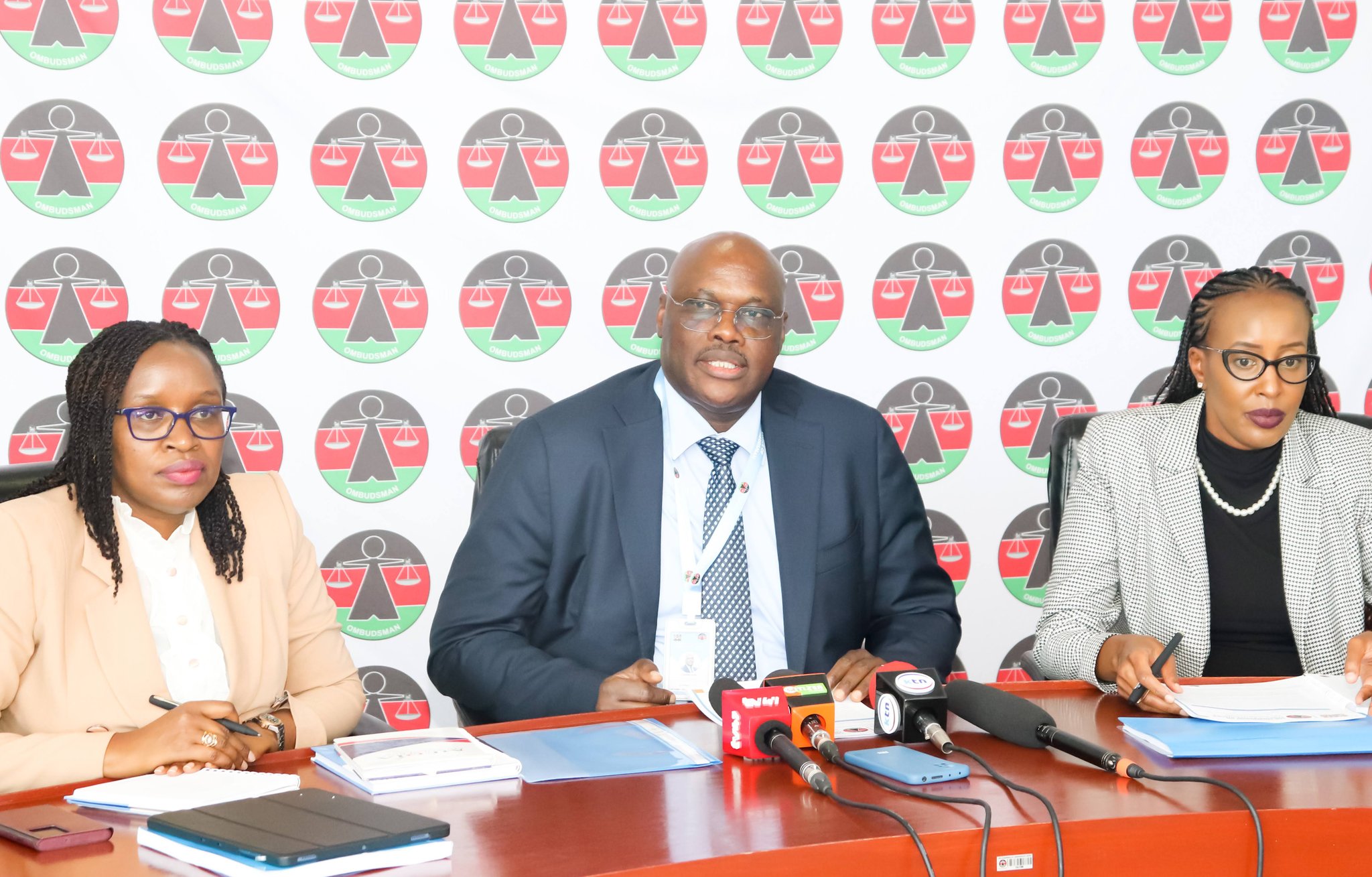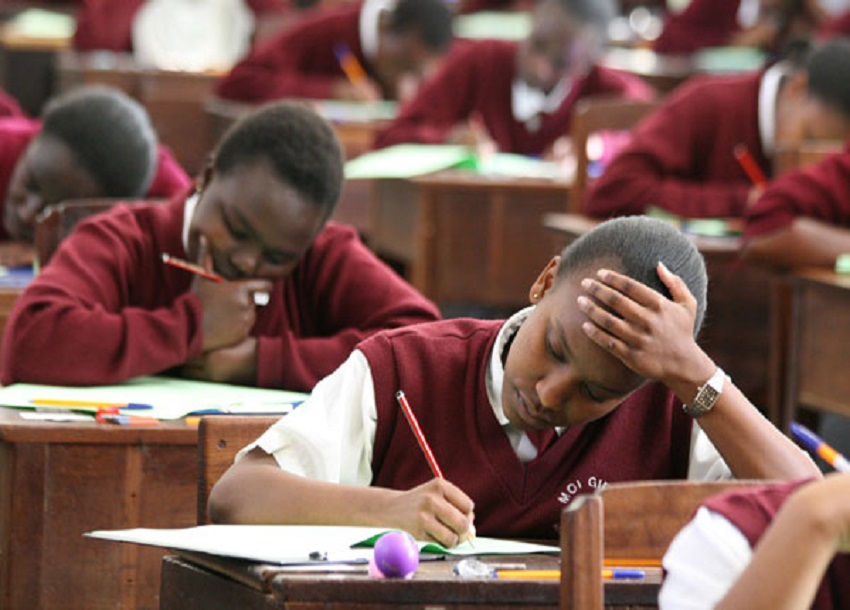The untold suffering of teachers in many private schools remains one of the most disgraceful open secrets in Kenya’s education landscape. Behind immaculate gates, glossy brochures, manicured lawns, and picture-perfect social media posts lies a silent torment endured by teachers who can neither speak out nor walk away. Their pain is swallowed in silence, suffocated by intimidation, and buried beneath the desperation of a job market that offers them no lifeline. Every smiling child in promotional photos hides a teacher’s struggle behind the scenes.
Every morning, countless private school teachers rise to serve institutions that offer them very little in return. Their salaries—already excruciatingly low, embarrassingly low, indefensibly low—often come in brown envelopes of cash, not out of convenience but as a deliberate tactic to avoid government traction and labour accountability. No payslips. No records. No proof of income. Just a system engineered to trap teachers in poverty while shielding employers from scrutiny. Some teachers go for months without pay, living at the mercy of landlords, shylocks, and relatives as they wait for whatever scraps their employers decide to release.
Even worse, statutory deductions—NHIF, NSSF, union dues, PAYE—are cut from these already meagre salaries but never remitted. Teachers discover the truth only when they need urgent medical care, retirement processing, or when applying for loans: their accounts are empty. Their contributions were stolen. Their futures were plundered in broad daylight. It is a betrayal so deep that it borders on criminality
Intimidation thrives in such an environment. Teachers know that raising questions about missing remittances, delayed pay, unfair treatment, or overworking can lead to immediate dismissal. A single query is deemed arrogance. A mild protest becomes “insubordination.” Many private schools are led by authoritarian directors whose word is law, who exercise unchecked power and demand blind obedience. They micromanage every detail, punish minor errors harshly, and foster an atmosphere where fear, not collaboration, defines the workplace. Teachers are reminded constantly that they are replaceable, and any sign of resistance is met with threats, reprimands, or outright termination. Psychological strain, sleepless nights, and stress are constant companions for those trapped under such leadership.
Worse still, overworking teachers has become standard practice in many private schools. Teachers face overloaded timetables that would overwhelm even the most seasoned professionals. They are pushed to handle multiple subjects, endless remedial classes, weekend programmes, holiday tuition, and administrative duties—all without additional pay. They serve as counsellors, examiners, disciplinarians, marketers, data clerks, and sometimes even cleaners. Their days start before sunrise and end long after darkness. Most eat lunch hurriedly while marking books or preparing lessons. Exhaustion is constant, yet invisible.
To tighten control further, some institutions ban teachers from using the staffroom, scattering them across corridors or tiny rooms under the false promise of “efficiency.” In reality, this strategy serves a darker purpose: it ensures that teachers remain isolated, out of touch with each other and with the rest of the world, preventing them from learning about their rights, comparing conditions, or uniting to challenge unfair practices. Isolation becomes a tool of exploitation. By controlling their environment, these institutions limit teachers’ access to information, support networks, and avenues of advocacy—keeping them compliant, fearful, and perpetually vulnerable.
At least 30 teachers interviewed on condition of anonymity painted a grim picture of the emotional and financial torment behind private school gates.
ALSO READ:
Women Senators raise alarm over Bungoma’s escalating teenage pregnancies’, HIV infections, SGBV
One teacher, Teacher A, described a director who stormed into her classroom one morning and accused her of “undermining the school” because a student had been late. Despite having no control over the child’s arrival, she was threatened with dismissal unless she “improved discipline immediately” and accepted additional unpaid supervisory duties. She later confided that the fear of losing her job made her resign herself to enduring impossible workloads quietly, because the alternative—losing her only source of income—was unthinkable.
Teacher B shared how an authoritarian director demanded that every teacher account for every minute of their time, including breaks and preparation periods. Any deviation, no matter how minor, resulted in public humiliation during staff meetings. One teacher was forced to kneel in the office for “disrespecting authority” after accidentally arriving five minutes late. The incident left lasting emotional scars and created an environment where fear dictated every movement, every word, and every decision.
A third, Teacher C, revealed that a director had prohibited staff from attending workshops, seminars, or any external professional engagement. The reason given was “loyalty and commitment to the school.” In reality, this tactic kept teachers ignorant of labour laws, professional standards, and the rights to which they were entitled. Teachers became cut off from information that could empower them, leaving them trapped in a system designed to exploit their labour and silence their voices.
Yet, amid this harsh reality, not all private schools are guilty. Some institutions honour their teachers, pay them fairly, encourage professional development, and provide humane working environments. Teachers in such schools work with pride, confidence, and fulfilment. These institutions prove that quality education does not require exploitation. But they remain the exception, not the rule.
This is why the government has to move with speed and assess what happens behind the scenes in private institutions. A thorough, nationwide audit is urgently needed. Regulatory bodies must step into the shadows where exploitation hides. It is no longer enough to inspect academic performance and infrastructure; labour practices, authoritarian leadership, teacher isolation, and systemic intimidation must be interrogated with equal rigor. Without firm intervention, thousands of teachers will continue to be robbed, silenced, overworked, and kept in the dark behind closed doors
The truth is glaring: a nation that overworks, underpays, intimidates, isolates, and cheats its teachers is sabotaging its own future. Teachers hold the dreams of millions of children in their hands. When they suffer, the country bleeds. When they are exploited, national development falters. When their rights are trampled, the quality of education deteriorates.
Kenya must rise to defend the defenders of its future. Teachers deserve contracts, fair pay, remitted deductions, manageable workloads, freedom from intimidation, and workplaces where dignity is non-negotiable. They deserve justice, respect, and protection—not empty promises.
Private school teachers are not asking for luxury—they are demanding their rightful dignity and the freedom to work with honour.
By Hillary Muhalya
You can also follow our social media pages on Twitter: Education News KE and Facebook: Education News Newspaper for timely updates.
>>> Click here to stay up-to-date with trending regional stories
>>> Click here to read more informed opinions on the country’s education landscape






